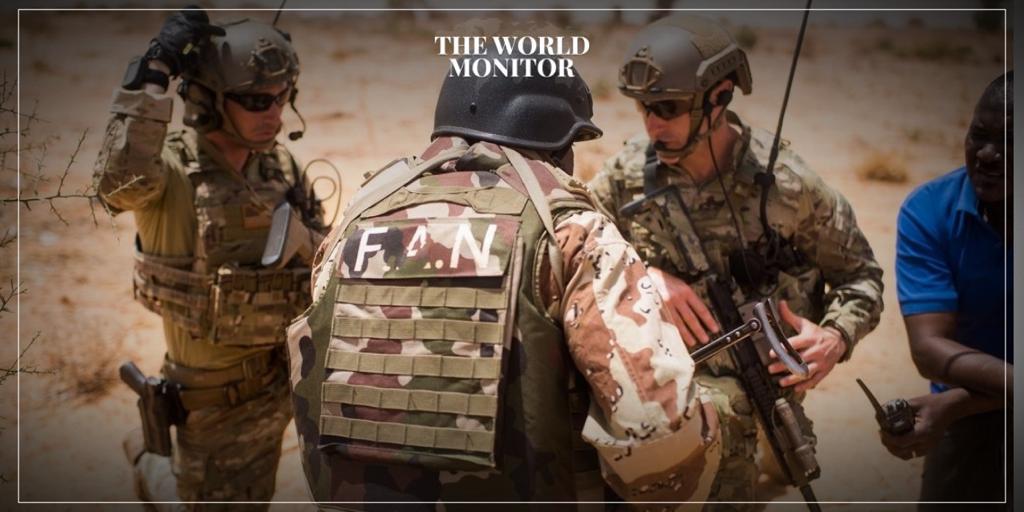The US Department of Defense has announced the commencement of a “precautionary” repositioning of its forces in Niger.
Sabrina Singh, Deputy Spokesperson for the US Department of Defense, specified, “The US Defense Department is repositioning a portion of its personnel and equipment from Air Base 101 in Niamey to Air Base 201 in Agadez, to the north.”
This development follows earlier reports by France Presse that Paris might withdraw some of its French troops stationed in Niger due to diplomatic strains between the two countries.
Citing knowledgeable sources, the agency reported that “due to the political impasse between Paris and Niamey, there might be a withdrawal of some human and material resources engaged in counter-terrorism operations from Niger.”
The Russian foreign intelligence services have indicated that Washington is displeased with the recent change in power in Niger. Discussions among US intelligence agencies have also alluded to potential assassination operations targeting new Nigerien leaders.
On the 26th of the previous month, Niger’s military council seized power. The former head of the presidential guard, General Omar Abdel Rahman Tiyani, justified the ousting of President Mohammed Bazoum, citing his failures on security, economic, and social fronts.
The Nigerien military council previously threatened to prosecute Bazoum on charges of “high treason” and “undermining the country’s security” if neighboring countries intervened militarily. ECOWAS condemned this threat, stating it was provocative and contradicted the powers granted to the military authorities in the Republic of Niger to restore the constitutional order through peaceful means.
Later, the council expressed its willingness to release the ousted president in exchange for ECOWAS lifting sanctions on Niger. The United Nations had earlier urged the military council to engage in dialogue with the Economic Group of West African States and to keep communication channels open before the mission’s departure to Niamey.
The same request was extended by the UN to the African Union to find a solution to the crisis.
Niger, a key nation in the Sahel region, has historically been a focal point for international anti-terrorism efforts, with both the US and France maintaining a military presence.
The recent political instability, marked by a military coup and the subsequent capture of power, has raised eyebrows internationally. The concern not only hinges on the immediate security situation in Niger but also the wider implications for counter-terrorism and stability in the region.
Both ECOWAS and the UN have played active roles in mediating and seeking a peaceful solution to the crisis, underscoring the region’s strategic significance.






